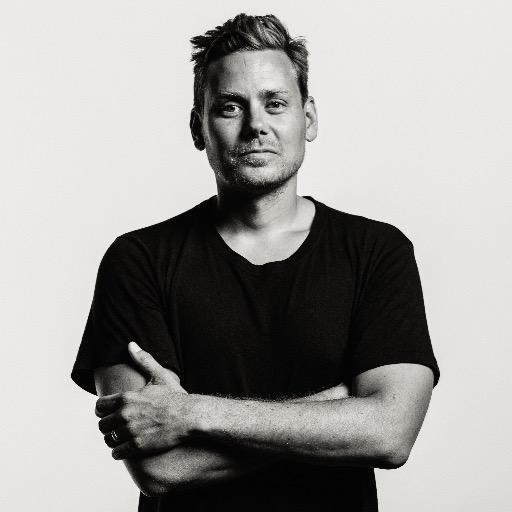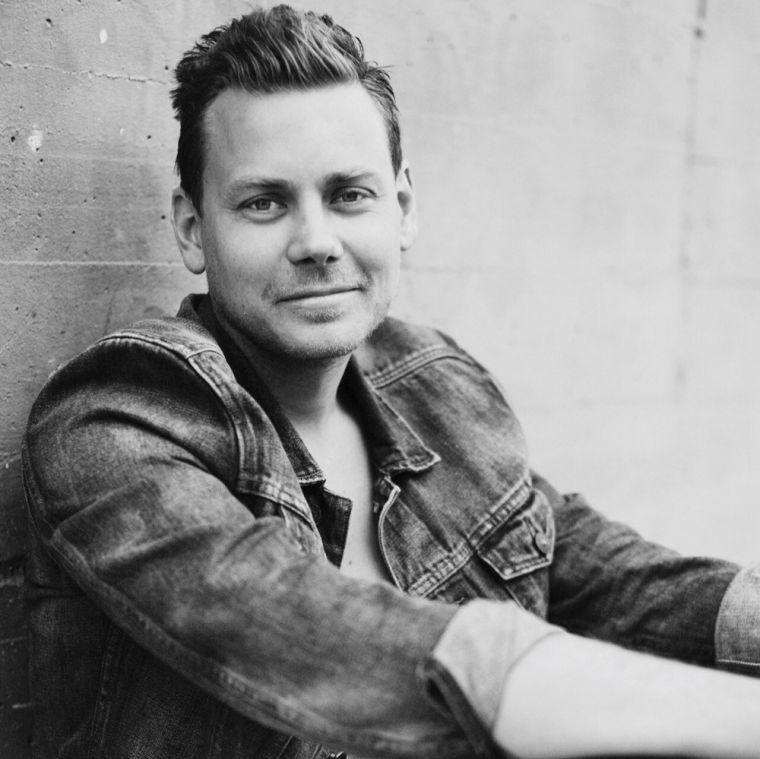John Mark Comer: Why you shouldn't plant a church in your 20s
John Mark Comer planted a church aged 23. Now 37, he is still a church leader, teacher and author, although he wouldn't advise starting that young.
'I just think your 20s are a time to do ministry but really more than anything to prepare. Just tuck in behind a leader you respect and just set up chairs and make coffee and get as much education as you can.
'Paul four times says this phrase – "follow me as you follow Christ". I used to read that as so arrogant and maybe the apostle Paul could say that but not a finite mortal!
'But the more I have been doing this the more, with a whole lot of humility, I think that's what leadership is. Being an example – not of perfection but at least of someone who knows the road even if they are not at the destination yet. They have a map and have made a couple of wrong turns and can help you avoid them.
'So I think it takes time to become the sort of person who can come even remotely close to saying, "If you want to follow Jesus, watch me and you'll do pretty good."'

Comer is one of the main speakers at New Wine – a major evangelical Christian festival in Somerset – and caught up with Christian Today to discuss his loves, hates and regrets. We started with some either-or questions:
CT: Would you rather be always alone or never alone?
JMC: Always alone.
CT: Are you extroverted on introverted?
JMC: Introverted.
CT: Would you rather to always be travelling or never travel again?
JMC: Ah man. That's hard. Probably never travelling. I hate either or questions!
CT: Baseball or NFL?
JMC: Neither. I'm not a sports guy.
CT: Hillsong or Bethel worship music?
JMC: Bethel.
CT: Republican or Democrat?
JMC: Anabaptist. I don't vote. I will vote for local politicians but I won't vote for any office that uses violence to make my life better because I believe Jesus teaches that all violence is incompatible with obedience to him. So even if I don't do violence, the president is the commander in chief so to vote for the president is to vote for someone who will use violence to protect my American middle class life.
I love my American middle class life but my obedience to Jesus means I have to be willing to give that up to stay true to his calling. So I do my best to avoid voting in self-interest.

CT: If you had to preach on just one topic for the rest of your life what would it be?
JMC: Spiritual formation – what it means to be an apprenticeship and how we actually change to become more like Jesus. Out of all the things I am passionate about that is the life message.
I'm obsessed with the question how we change. I grew up in the more Bible intellectual tradition of church and now have moved into the more charismatic church. I love both but both have incomplete answers to that question.
CT: What are some of the hard times that have shaped your life?
JMC: My wife has a chronic illness. I have had since I was about 19 an ongoing struggle with anxiety and depression and some unhealthy mental stuff.
Then I went through a hard thing with church a few years ago where I learned I was not an extroverted CEO type. I learned the hard way. That was a very difficult process to learn and it felt like failure. And failure is hard. Especially in a success obsessed culture.
CT: With travelling, conference speaking and leading a church, how do you stay humble?
JMC: The most helpful thing is, I live in community. So I have a little hub community of about 20 people. We share a meal every single Tuesday night in our house. I'm not the pastor there and they are not impressed by me. They know all of who I am. I am just one of the family. Something about that keeps me grounded.
I'm also rooted in a local church. Once you are in a local church for a long period of time again no one is impressed by you. When you come in for a weekend then you are the new flavour of the month. But once they are on sermon number 152 they are no longer impressed.
I think something about being with the same group of people is just really healthy. Those things keep me grounded.
I'm also a parent and that's built in humility. You can say whatever you want on stage but when you have to be patient with you kid it shows you're not that great.
CT: What would you say are the main issues facing the Church today?
JMC: I can only answer from my context which is Portland – urban, wealthy, millennial, secular, everyone has an iPhone – that's my world. In that world digital distraction and addiction is a big thing.
Lack of discipline and hedonism also – if it feels good do it. And secularism. The ethos of secularism and the story it tells of sexuality and money is so corrosive to any kind of biblical faith. Those are the issues that people in my world are facing.











